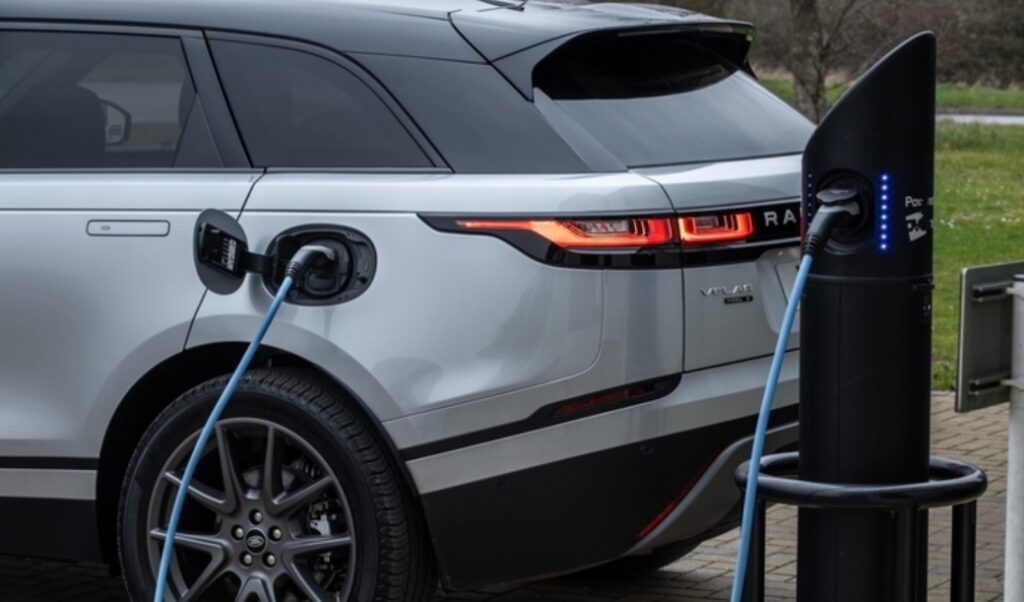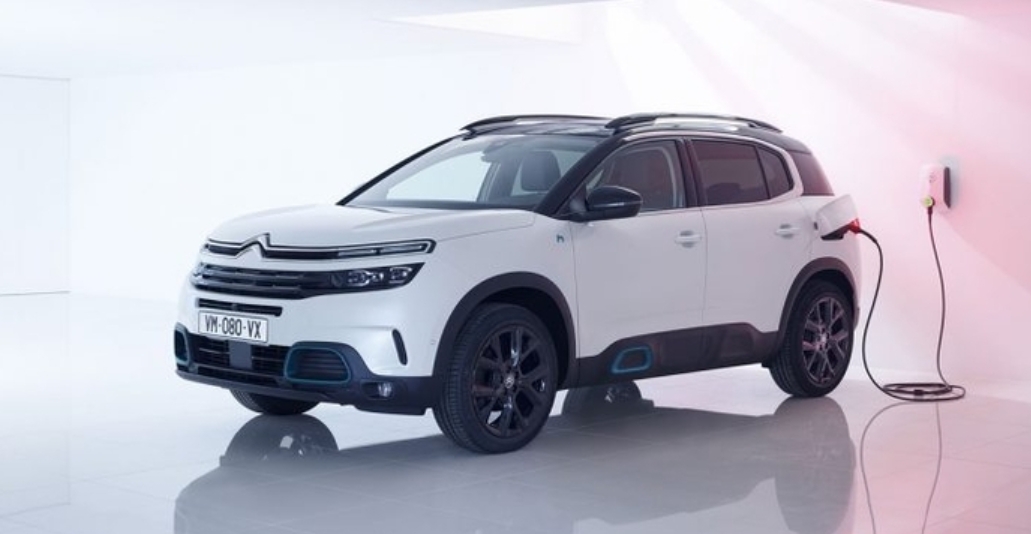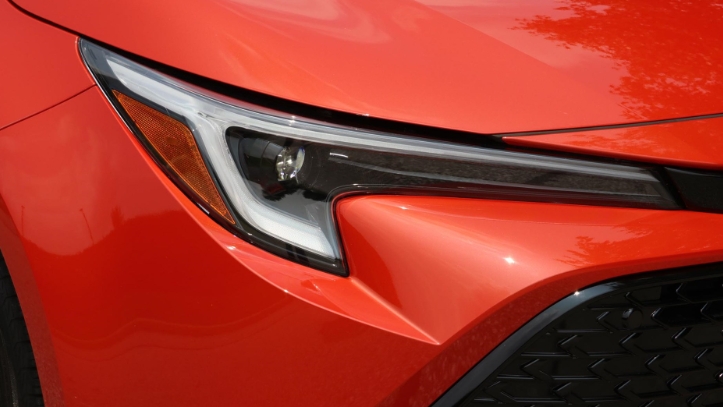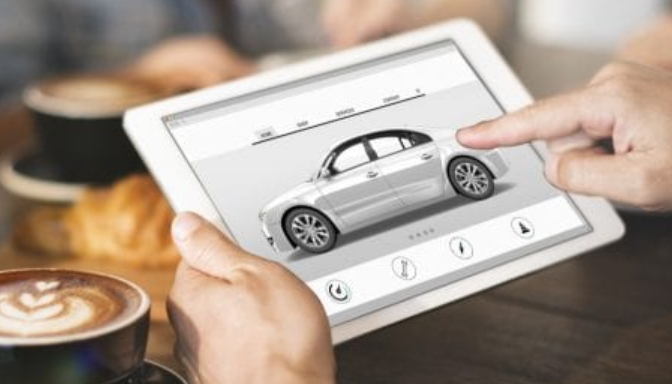EU experts are looking into the approval of PHEVs and their excellent C02 emission score. It would not be realistic enough according to them and could well be revised upwards in the coming months. A halt to the bonus of 1,000 euros and the exemption from taxes for companies? Explanations.
They consume, officially, between 1.3 and 1.8 l / 100 km depending on the model. At least according to their European approval. Thus, the Citroën C5 Aircross PHEV would be satisfied with 1.4 l, and would only emit 33 g of C02. As such, he benefits from a bonus of 1,000 euros until at least the end of the year.
Real consumption much higher than on paper
However, voices are raised in the Union to explain that in real life, things do not really happen like in the country of WLTP. Studies have flourished since plug-in hybrids have existed to explain that these cars actually consume two or three times more, between 4 and 6 l / 100 km, which, let’s face it, remains a performance for machines that often come close to two tons.
But suddenly, they also emit much more C02 than what they indicate on their marital status. These studies, which emanate from the NGO Transport & Environment, but also from the ICCT (International Council on Clean Transportation) are on the desk of the European commissioners who have just decided to review, on this basis, the certification standards for these cars, and above all, to harden them.
On the menu of this future special PHEV standard: an increase in driving time in the thermal phase, because the experts in Brussels consider that until now, the part of the operating time of the electric motor was too substantial. This is because according to studies, rechargeable hybrids are too rarely connected to the mains, and operate most of the time with dry batteries, especially when they are company vehicles.
Companies that are bad students

However, fleets are the first customers of these models throughout the Union. In France, they benefit from an exemption from their TVS (taxes on company vehicles) or at least from the taxes that replaced it, thanks to their low emission rate. Individual customers, who are rarer, benefit from a bonus of 1,000 euros when purchasing, which has just been extended until the end of the year. Interesting when you know that our famous C5 Aircross costs a whopping 40,950 euros.
Admittedly, businesses and individuals still have a few months to afford PHEVs. The new approval process will not be examined before the start of the school year in September and should not come into force before next year. What will happen then? Everything depends on the dosage of the new standard combining the test phases in electric mode and in thermal mode since the emissions will depend on this factor. A cursor question in short.



